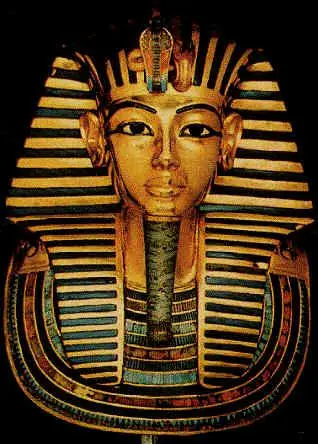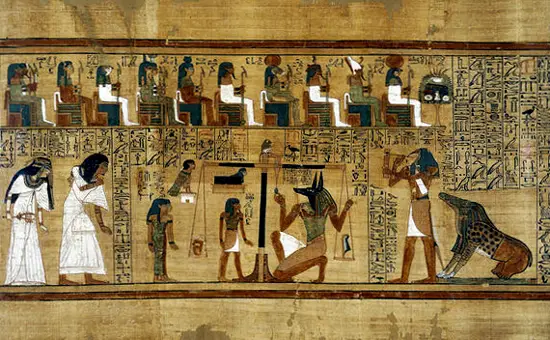Egypt is one of the oldest civilizations of the world; it is as old as the Indian civilization. Egypt is actually a wonderful and delightful mixture of traditions, with a socioeconomic structure which allows, more and more, a gradient of classes. One of the main attractions of Egypt is its rich cultural (Egyptian Culture) heritage which has a recorded history of not less than five thousand years.
After the Pharaonic era, Egypt itself came under the influence of Hellenism, for a time Christianity, and later, Arab and Islamic Egyptian Culture. Today, many aspects of Egypt’s ancient culture exist in interaction with newer elements, including the influence of modern Western culture, itself with roots in Ancient Egypt.
History of Egyptian Culture

With its ancient history, cosmopolitanism, strong Islamic traditions, modern pan-Arab political and intellectual history and relative freedom, Egypt are the cultural capital of Arab world. The Arab television and cinema are dominated by the Egyptian television and film industry, as is popular Arabic music.
Egypt is a country with an extensive cultural mix, in every major city in Egypt you will find traditions that remain from the time of the Pharaohs, and in other parts, you will find pure tribal customs that were brought in by many invaders throughout the centuries.

That contradiction and contrast between areas of Egypt, when you compare it with other Middle Eastern countries, is what makes Egypt seem advanced against some of the others. After the Pharaonic era, Egypt itself came under the influence of Hellenism for a time Christianity, and later, Arab and Islamic Egyptian Culture.
Today, many aspects of Egypt’s ancient culture exist in interaction with newer elements, including the influence of the modern Western culture of Egypt’s prominent authors, Tewfik Al-Hakim wrote in his famous novel “The Return of the Soul.” The Great Wisdom flows in Egyptians blood, but it flows without their knowledge. Can you really believe that the thousands of years which make up Egypt’s past have vanished like a dream without a trace?
Key Words in Egyptian Culture
The key words here are ‘without their knowledge’, for the present bears no resemblance to the past. Yet, it is true the Egyptian mind makeup is a product of thousands of years of accumulated history. Successive invaders left their mark but were eventually assimilated into Egypt which the Egyptians call the Mother of the World, Om Eddunia.
Being religious and acknowledging God’s grace is a common phenomenon in Egyptian society. Religious rituals are habitually practiced at home. In ancient Egypt, there were special mihrabs, or prayer niches, for the pictures of idols. In the Coptic era as well, pictures of Christ and the Virgin Mary were found in every house.
During the Islamic Age, verses of the Holy Qur’an, written in beautiful Arabic calligraphy, were popular in the homes. Adherence to religion, however, does not mean the Egyptians avoided the pleasant things in life; on the contrary, Egyptians joyfully embraced life, as evident in their jokes, songs, love chants, and folk arts.
Egyptian Honour:
Honour is an important facet of interpersonal relationships. Respect and esteem for people is both a right and an obligation. An individual’s honour is intricately entwined with the reputation and honour of everyone in their family. Honour requires that Egyptians demonstrate hospitality to friends and guests.
It also dictates that people dress as well as their financial circumstances allow, and show proper respect and deference to their elders and those in authority.
A man’s word is considered his bond and to go back on your word is to bring dishonor to your family.
Social Class:
Social class is very apparent in Egypt since it determines your access to power and position. The social class an Egyptian is born into dictates their everyday life and the opportunities they will have. There are three social classes: upper, middle, and lower. Status is defined more by family background than by absolute wealth. There is little social mobility.